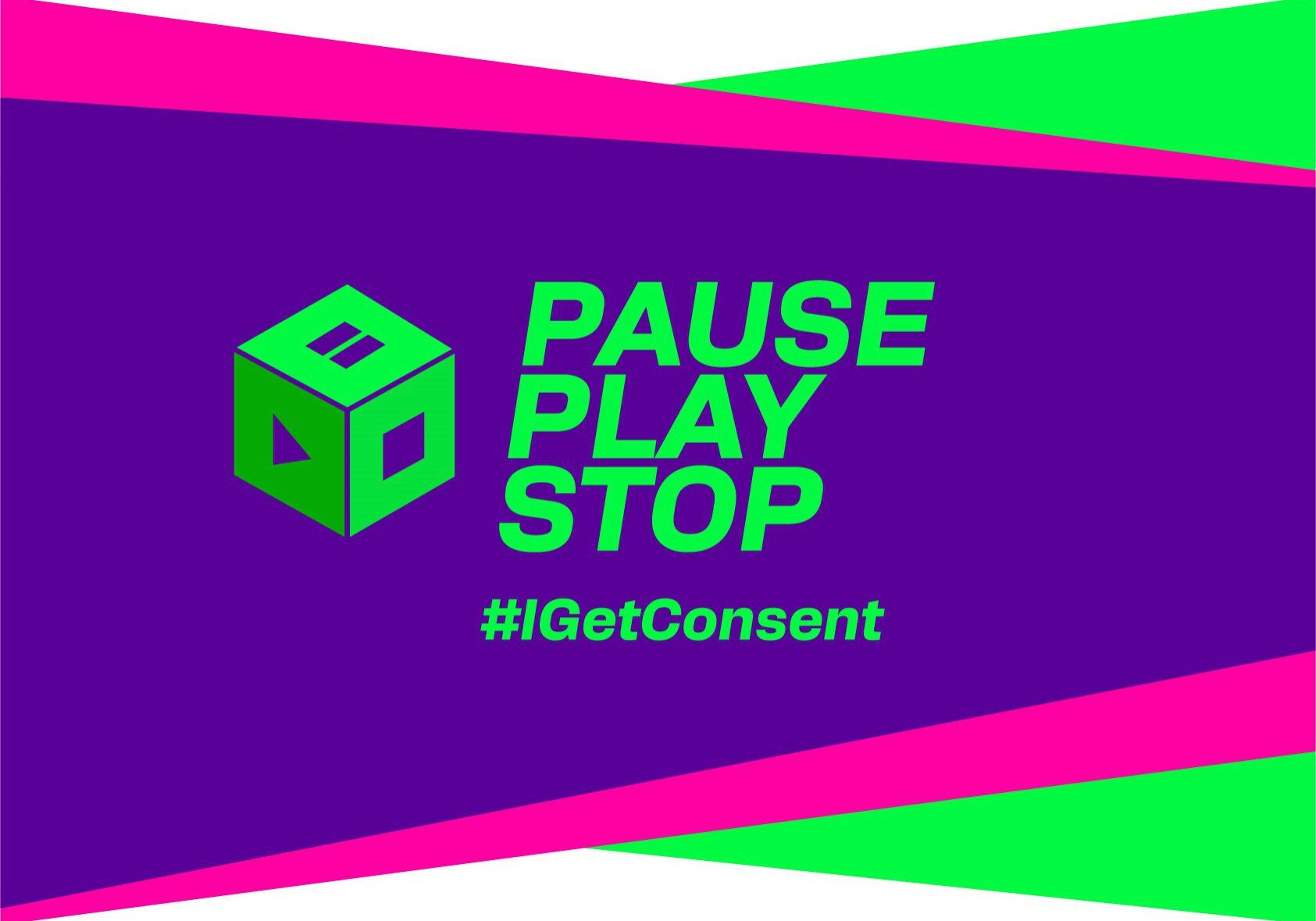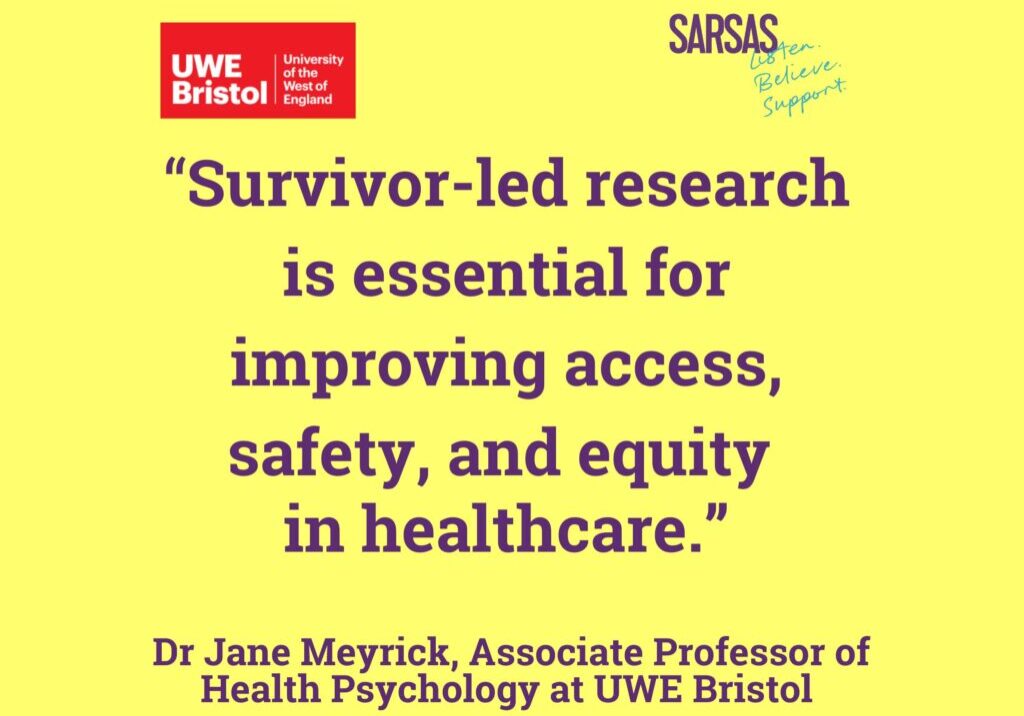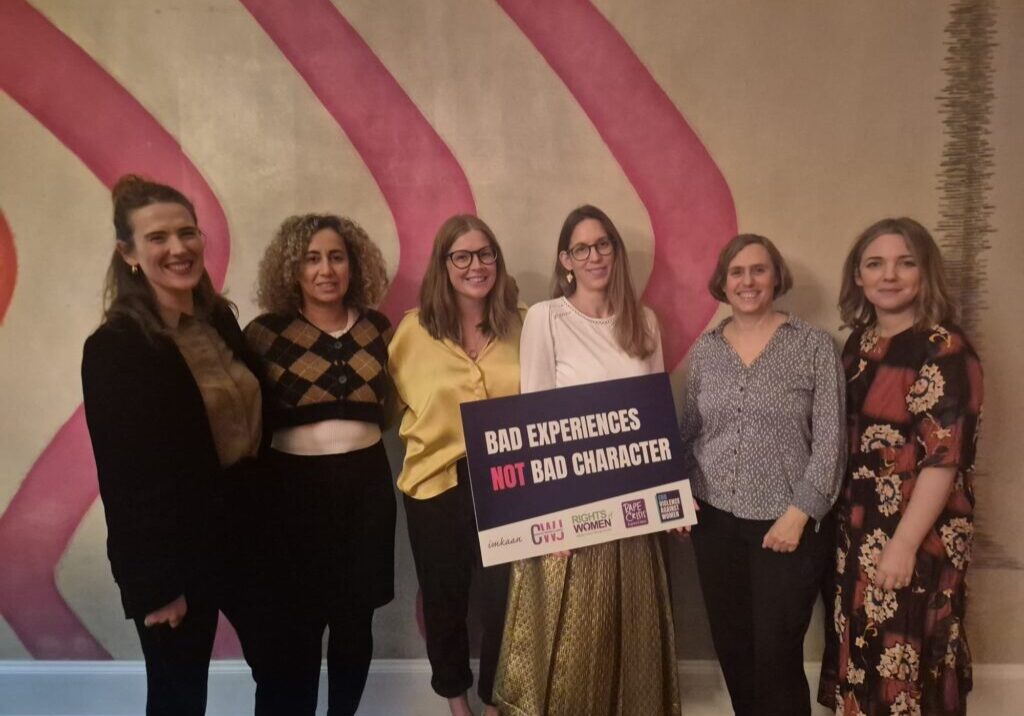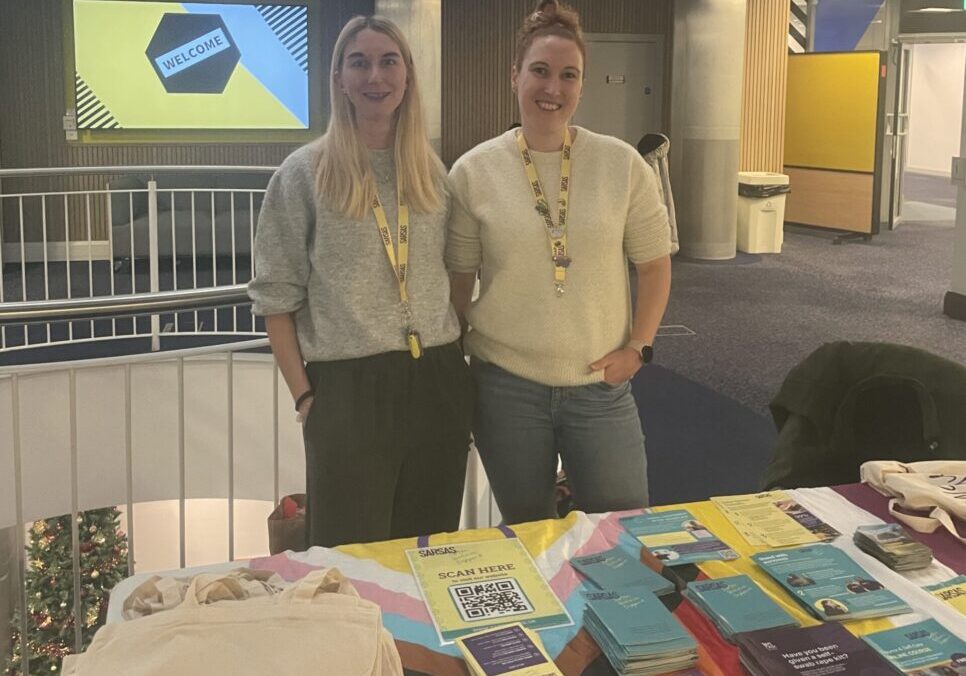
Pause Play Stop online consent tool
Navigating the world of sex and consent can feel overwhelming, especially for young people. That’s why we've created PAUSE PLAY STOP – a free, easy-to-use online tool designed to help students aged 13+ feel more confident and in control when it comes to sex and consent.
PAUSE PLAY STOP is all about helping young people feel prepared and empowered. As students explore the site, they’ll find practical tools and resources aimed at making the concept of consent clearer and more accessible.
Spark conversations in the classroom
PAUSE PLAY STOP is versatile, making it a perfect tool for teachers and support staff to use in the classroom as part of relationship and sex education (RSE) lessons. But it’s also designed for young people to explore on their own, at their own pace.
As students explore the site, they’ll discover:
- Practical tools for understanding consent: from real-life situations to online interactions, the site teaches young people how to get clear and enthusiastic consent.
- Recognising “No” in all its forms: consent isn’t just about saying “yes” or “no.” PAUSE PLAY STOP helps young people recognise the many ways people might express their boundaries, whether verbally or non-verbally.
- Understanding consent and the law: knowing your rights and the legal aspects of consent is crucial. The site breaks it down in a way that’s easy to understand.
- Why someone might not be able to consent: the site covers scenarios where consent can’t be given, such as when someone is under the influence of drugs/alcohol or feeling pressured.
- Respect, boundaries, and communication: healthy relationships are built on these principles. PAUSE PLAY STOP emphasises the importance of mutual respect and open communication.
- Being an active bystander: Learn how to safely challenge sexual violence and support others in difficult situations.
- Identifying coercive control: recognising the signs of coercion is key to maintaining healthy relationships.
Test your consent knowledge
One of the most engaging features of PAUSE PLAY STOP is the interactive consent quiz. It presents five different real-life scenarios where you have to decide whether to ‘pause,’ ‘play,’ or ‘stop.’ The scenarios are designed to be inclusive, featuring diverse characters of all genders, ages, and sexual orientations. This isn’t just about ticking boxes – it’s about understanding the nuances of consent in a way that feels relatable.
To make these important messages even more engaging, we’ve also created four animation videos. These short clips cover everything from the basics of getting consent to more specific scenarios, like getting consent online. Plus, there are downloadable resources and links to other organisations that can provide support.
At SARSAS, we’re committed to fostering a culture of consent in schools and communities. Our dedicated training team regularly visits schools to deliver workshops and assemblies on consent and healthy relationships. PAUSE PLAY STOP is one of the tools we use to spark discussions among students and help them feel more comfortable talking about these topics.
We provide Consent & Bystander workshops to a range of organisations: schools, colleges, universities, youth groups as well as pupil referral units, housing providers and social workers.
If you’re interested in finding out more, please contact our training team today – training@sarsas.org.uk





